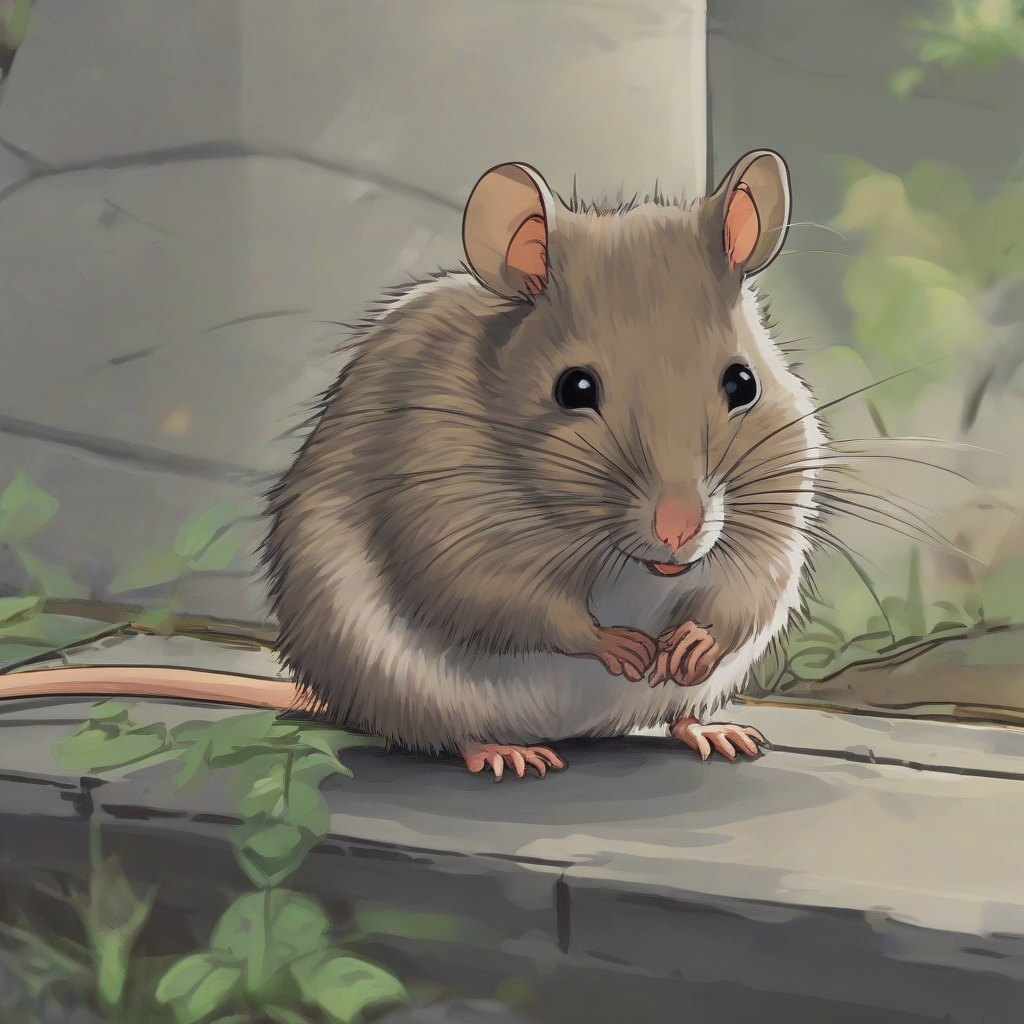Conquering Seattle’s Rodent Problem: A Comprehensive Guide to Effective Control
Seattle, with its lush greenery and abundance of resources, unfortunately also provides a welcoming habitat for rodents. These pests can cause significant damage to property, spread diseases, and create unsanitary conditions. Effective rodent control requires a multifaceted approach, combining prevention, identification, and targeted extermination strategies. This guide will provide a comprehensive overview of rodent control in Seattle, empowering residents and businesses to tackle this common issue.
Identifying Seattle’s Common Rodents
Understanding the specific rodents infesting your property is crucial for effective control. Seattle’s most common culprits include:
- Norway Rats (Rattus norvegicus): Large, brown rats often found in basements, sewers, and near water sources. They are excellent climbers and burrowers.
- Roof Rats (Rattus rattus): Smaller, black or brown rats that prefer higher elevations, often nesting in attics and upper floors. They are agile climbers.
- House Mice (Mus musculus): Small, gray mice that are common in homes and businesses. They can squeeze through tiny openings.
Accurate identification helps determine the most effective control methods. For example, traps designed for Norway rats will likely be ineffective against house mice.
Prevention: The First Line of Defense
Preventing rodent infestations is significantly more cost-effective and less stressful than dealing with a full-blown infestation. Proactive measures include:
- Eliminate Food Sources: Store food in airtight containers, clean up spills immediately, and regularly empty trash cans. Don’t leave pet food out overnight.
- Seal Entry Points: Inspect your property for cracks and gaps in walls, foundations, and around pipes. Seal these openings with steel wool, caulk, or other rodent-proof materials.
- Maintain Landscaping: Keep grass trimmed short, remove debris and clutter from around your foundation, and prune overhanging branches away from the house. Rodents use vegetation for cover and access.
- Proper Garbage Disposal: Use sturdy trash cans with tight-fitting lids, and dispose of garbage regularly. Consider using commercial-grade dumpsters for businesses.
- Water Management: Repair leaky pipes and faucets promptly. Rodents need access to water, so eliminating sources can discourage them.
Rodent Control Methods: A Balanced Approach
If a rodent infestation is already present, a combination of methods is usually necessary. These include:
- Trapping: Snap traps, glue traps, and live traps can be effective, depending on the type of rodent and the level of infestation. Place traps strategically along rodent runways, near food sources, and along walls.
- Rodenticide Use (Caution Advised): Rodenticides, or rat poison, are a common method but require careful consideration. They pose risks to pets and children, so use them cautiously and follow all label instructions. Consider safer, second-generation anticoagulant rodenticides if possible.
- Exclusion: This focuses on blocking access points and preventing rodents from re-entering your property after initial control measures. This is often the most sustainable long-term solution.
- Professional Pest Control: For severe infestations or if you’re uncomfortable handling the problem yourself, contact a licensed pest control professional. They have access to more advanced methods and expertise.
Understanding Seattle’s Regulations and Resources
Seattle has specific regulations regarding rodent control, particularly for businesses and landlords. It’s crucial to familiarize yourself with these rules to avoid penalties.
- Seattle Public Utilities (SPU): SPU offers resources and information on rodent control, especially concerning issues related to sewers and public spaces.
- King County Public Health: Provides guidance and information on rodent-borne diseases and pest control practices.
- Washington State Department of Health (DOH): Offers broader resources and information on pest control and public health in Washington state.
- Local Pest Control Companies: Numerous licensed pest control companies operate in Seattle, offering various services and expertise. Research and compare options before selecting a provider.
Specific Challenges in Seattle’s Environment
Seattle’s unique environment presents specific challenges for rodent control:
- Abundant Green Space: The city’s extensive parks and green spaces provide ample harborage for rodents.
- Proximity to Water: Seattle’s waterfront location and numerous waterways provide easy access to water sources for rodents.
- Older Buildings: Many older buildings in Seattle have gaps and cracks that are easy for rodents to exploit.
- Multi-Family Dwellings: Rodent infestations can spread quickly through interconnected buildings, making coordinated control measures essential.
Long-Term Strategies for Rodent Control
Effective rodent control is an ongoing process, not a one-time event. Long-term strategies include:
- Regular Inspections: Periodically inspect your property for signs of rodent activity, such as droppings, gnaw marks, or unusual noises.
- Preventative Maintenance: Continuously address potential entry points, maintain landscaping, and follow good sanitation practices.
- Community Awareness: Encourage your neighbors to take proactive steps to prevent rodent infestations. A coordinated community approach can be highly effective.
- Professional Monitoring: Consider hiring a pest control professional for regular inspections and preventative treatments, especially for businesses or properties with a history of rodent issues.
Dealing with Rodent-Borne Diseases
Rodents can carry and transmit a range of diseases, including hantavirus, leptospirosis, and salmonellosis. If you suspect a rodent infestation, take precautions to avoid contact with their droppings and urine. Clean up contaminated areas carefully, wearing gloves and a mask. If you suspect you’ve been exposed to a rodent-borne disease, contact your healthcare provider immediately.
Choosing a Pest Control Professional
If you decide to hire a pest control professional, choose a reputable and licensed company. Verify their licensing and insurance, read online reviews, and get multiple quotes before making a decision.
- Licensing and Insurance: Ensure the company is properly licensed and insured to operate in Seattle.
- Methods and Products: Inquire about their methods and the products they use, ensuring they align with your preferences and safety concerns.
- Contract Details: Carefully review the contract before signing, paying attention to the scope of work, payment terms, and guarantees.
- References and Reviews: Check online reviews and ask for references from previous clients.

